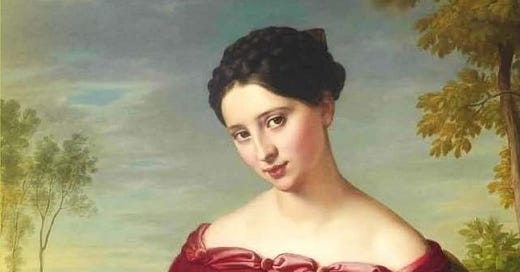This book was a clear sensation when it was published in Europe in 1928 and it was not possible to publish it in the U.K. until 1960. When finally published in the U.K., it was the subject of an obscenity trial and sold millions of copies after the prosecution failed to convict Penguin Books on an obscenity charge.
So what is the big deal? Sir Clifford Chatterley is a baronet who is married to Lady Constance and gets paralysed from the waist down during the Great War. He looks down on lower social classes and is stiff in his relations with other people, including his wife. Constance has an affair with the gamekeeper Mellors, first due to sexual attraction, but later this becomes part of the physical relation she needs to have in addition to all the mind work she has to go through with her husband and other people around her.
My interpretation for Clifford's condition was that it was a metaphor for the rigidity of the aristocratic classes in the first part of 20th century. They have very cerebral relations with little bearing into life and are isolated from other people's lives and problems. There is a sequence in the book where Constance and Mellors are helping Clifford take a short trip through the greenery on his wheelchair. As the trip becomes challenging and Clifford has to be helped by Mellors, he becomes irritated and starts mistreating the gamekeeper, obviously annoyed that he needs to be supported by a member of the lower class. One striking fact that demonstrates the attitude of the aristocratic classes to people of lower status is that Clifford accepts Constance to have a child by someone else, so that he has an heir, but when he learns that she is pregnant by a man of a lower class, he goes into an unstoppable rage.
There are also references to miners' plights demonstrating that Sir Clifford is indifferent to their problems and only sees them as means to material gains. The discussion points in the 1920s are all present in the book, mainly in the interaction of Constance and her sister Hilda, who is a devout socialist and is accompanied by her sister in several progressive activities.
The book is not very extraordinary for today's readership, since sexually explicit narratives are not uncommon. Part of the original reaction to the book was due to the depiction of sexual relations between different social classes, which has been covered by numerous authors since then, albeit in non-sexual relations as well.
So, it is a somewhat interesting book, if not for anything else, just for its historical significance for the history of literature.
Discussion about this post
No posts



